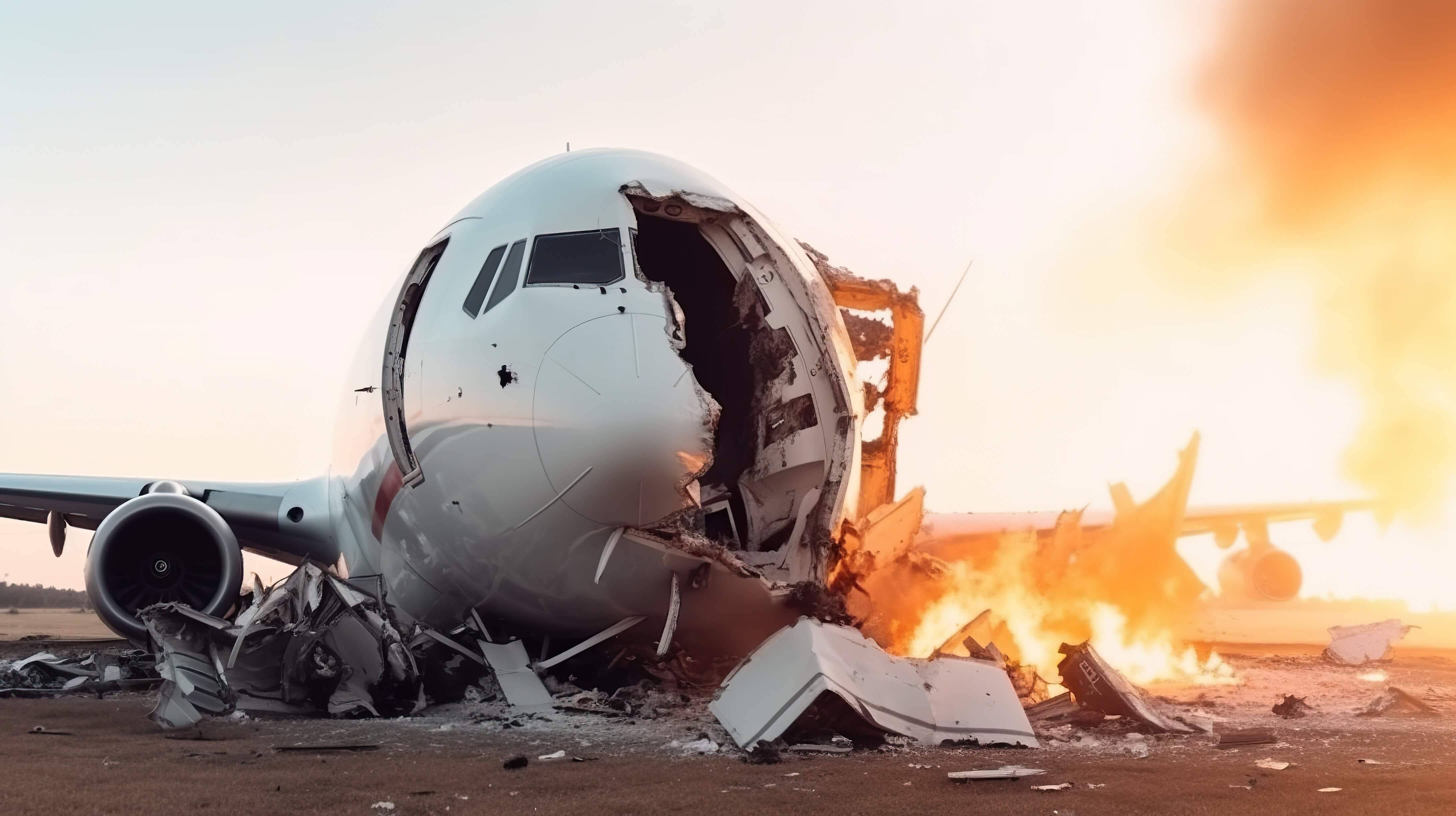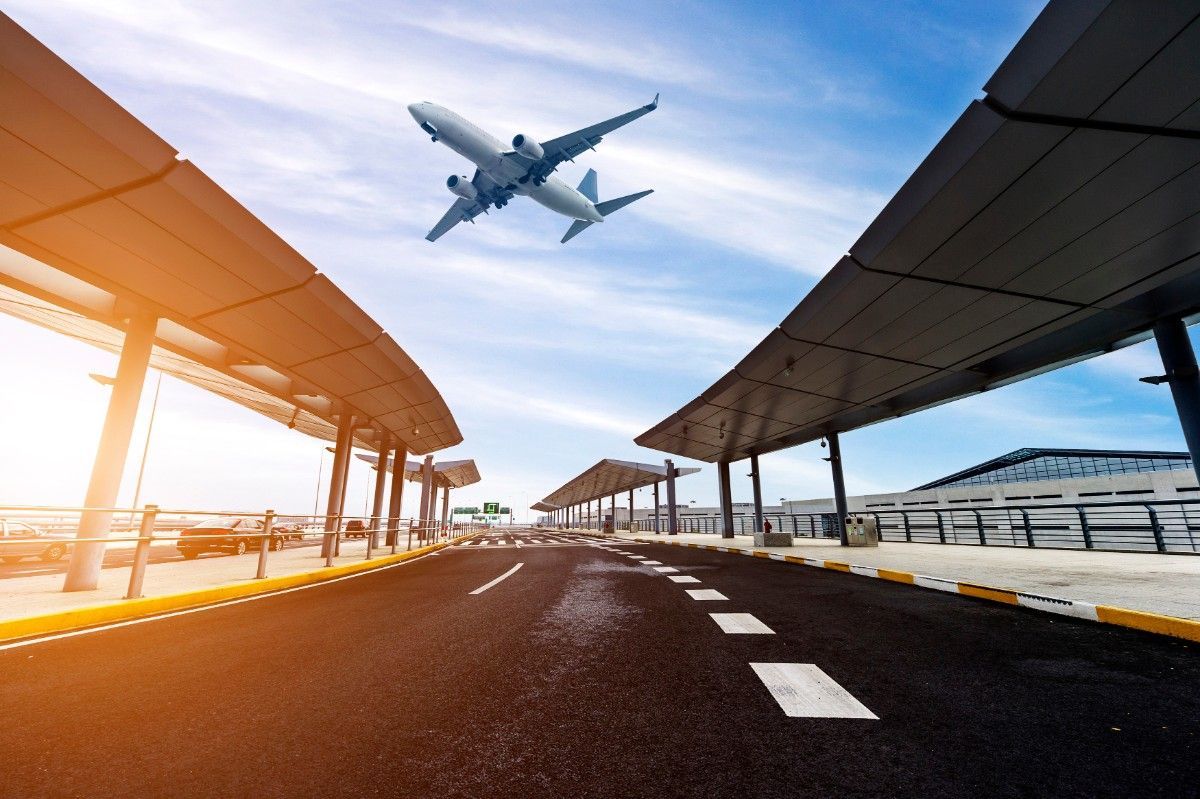Miracle at Haneda: A testament to aviation safety advances

In the aftermath of the recent collision at Haneda International Airport involving Japan Airlines (JAL) flight 516 and a Japanese Coast Guard aircraft, the world witnessed a miraculous outcome. Despite the potential for a catastrophic tragedy, the minimal loss of life highlights the impressive progress in aviation safety. This paragraph introduces the incident and sets the stage for exploring the factors that contributed to the positive outcome.
Overcoming challenges in the face of crisis
Acknowledging the role of luck, this section delves into the commendable efforts of the flight's cabin crew. Despite facing various challenges during the evacuation, the crew demonstrated remarkable efficiency. The paragraph emphasizes the importance of training and quick thinking in ensuring the safety of passengers during critical moments.
Technological advances
Highlighting the aviation industry's commitment to safety, this section discusses the impact of next-generation materials and technologies on air travel. It touches upon the transition to modern, more efficient jets and the use of carbon composite materials. The positive effects on structural integrity, fuel consumption, and overall safety are explored, emphasizing the game-changing nature of these advancements.
Resilient materials
Focusing on the Tokyo collision involving modern carbon-composite planes, this paragraph assesses the resilience of these materials during emergencies. Preliminary findings suggest the effectiveness of the A350's fuselage in providing escape time for passengers. The unique properties of carbon composites, such as slower burn times and reduced toxic smoke, are highlighted as crucial factors contributing to passenger safety.
Safety improvements within the cabin
Beyond aircraft construction, this section explores safety improvements within the cabin. It discusses the design enhancements in passenger seats, improved exit signage, and floor-path lighting. These elements are crucial in facilitating smoother evacuations during emergencies, emphasizing the holistic approach to enhancing aviation safety.
A pivotal role in aviation safety
Shifting focus to the human element, this paragraph discusses the evolution of flight attendants' roles and the importance of crew preparation and training. Cockpit Resource Management (CRM) practices and the commitment to prioritizing passenger safety are highlighted as integral components of modern aviation training.
A vital factor in emergency situations
Addressing the role of passengers, this section emphasizes the commendable adherence to evacuation procedures observed during the Tokyo crash. It discusses the shift in passenger behavior, underscoring the importance of passenger compliance in ensuring the effectiveness of emergency evacuations.
Challenges and ongoing concerns
While celebrating advancements, this paragraph acknowledges persisting challenges, such as recent incidents and emerging issues like increased checked luggage fees and air rage incidents. It suggests that ongoing efforts are essential, with a focus on investing in flight crews to maintain and further improve the safety of air travel.
Summing up the discussion, this concluding paragraph underscores the combined impact of modern aircraft construction, improved safety measures, and effective crew training in the miraculous survival of the Haneda collision. It emphasizes the need for continuous efforts to address emerging challenges and ensure the ongoing enhancement of air travel safety.
Latest posts
Could a flight delay cost you your job or career?
Flight delays are not just annoying they can derail careers. See how missed connections impact professional lives.
Can you sue the weather? Legal limits of delay claims
Weather delays frustrate travellers, but can you claim compensation? Exploring legal grey areas in flight disruptions.
Can AI be fair in deciding passenger refunds?
Airlines are using AI to decide flight compensation, can algorithms be trusted to treat passengers fairly?












